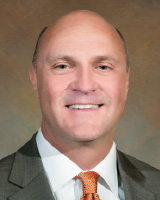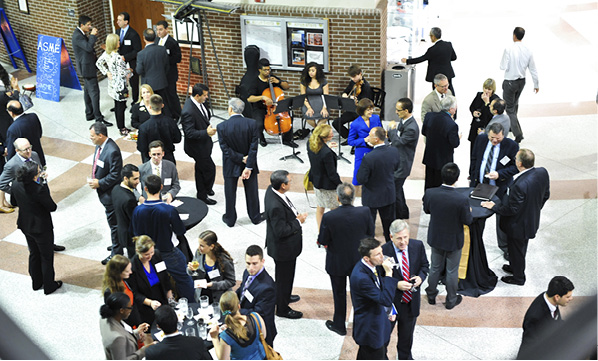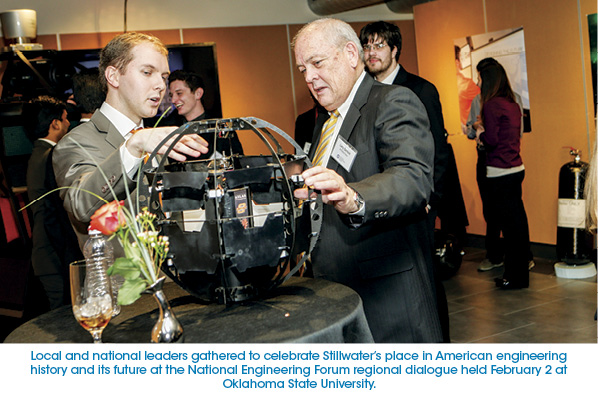Engineers Must be Uniquely Prepared for the Future
 A Q&A with Clemson University President Dr. James P. Clements
A Q&A with Clemson University President Dr. James P. Clements
Q: What is engineering’s role in keeping America competitive in the global economy?
A: Engineers are the critical link between theory and application. They take ideas out of the lab and translate them to technology that can be used in the real world. To remain competitive, the United States needs to produce engineers who can develop high-quality, transformational technology with global impact. Adapting to change will be crucial. It will require continuous innovation and shared partnerships.
Q: What skills and abilities do today’s engineers need to be successful in solving 21st-century challenges?
A: Engineers need to be uniquely prepared to solve the complex challenges of the 21st century. The fundamentals will always be important, but engineers also need to round out their education with a diverse skill set. Entrepreneurial experience, a global perspective, interdisciplinary experience, hands-on experience, and an appreciation of the engineer’s positive impact on society are essential.
Q: What are South Carolina’s business leaders and educators doing to train and retain engineering talent in the region?
A: Educators and business leaders are working collaboratively to provide cutting-edge educational opportunities in world-class facilities, such as Clemson University’s innovation campuses. We are recruiting top talent to our research universities with SmartState, an incentive program focused on clusters that are key to the state’s economic development. South Carolina also maintains a pro-business environment and low cost of living that make it an ideal place to locate and grow a company.
Q: What is South Carolina doing in the field of energy that contributes at a national level to keep the U.S. competitive?
A: South Carolina’s research universities and business leaders are developing new ways to create energy more sustainably and to make a broad range of products more energy efficient. For example, Clemson University’s faculty and students are developing lighter automobile parts, creating more efficient industrial motors, finding new ways to adapt the electrical grid to clean-energy technology and testing wind turbine drivetrains to lower the cost of wind energy. Meanwhile, companies that do business in South Carolina are investing in clean energy, including wind and solar. This is one of the grand challenges of our time, and South Carolina is rising to it.
This Q&A first appeared in the February edition of the National Engineering Forum newsletter.







